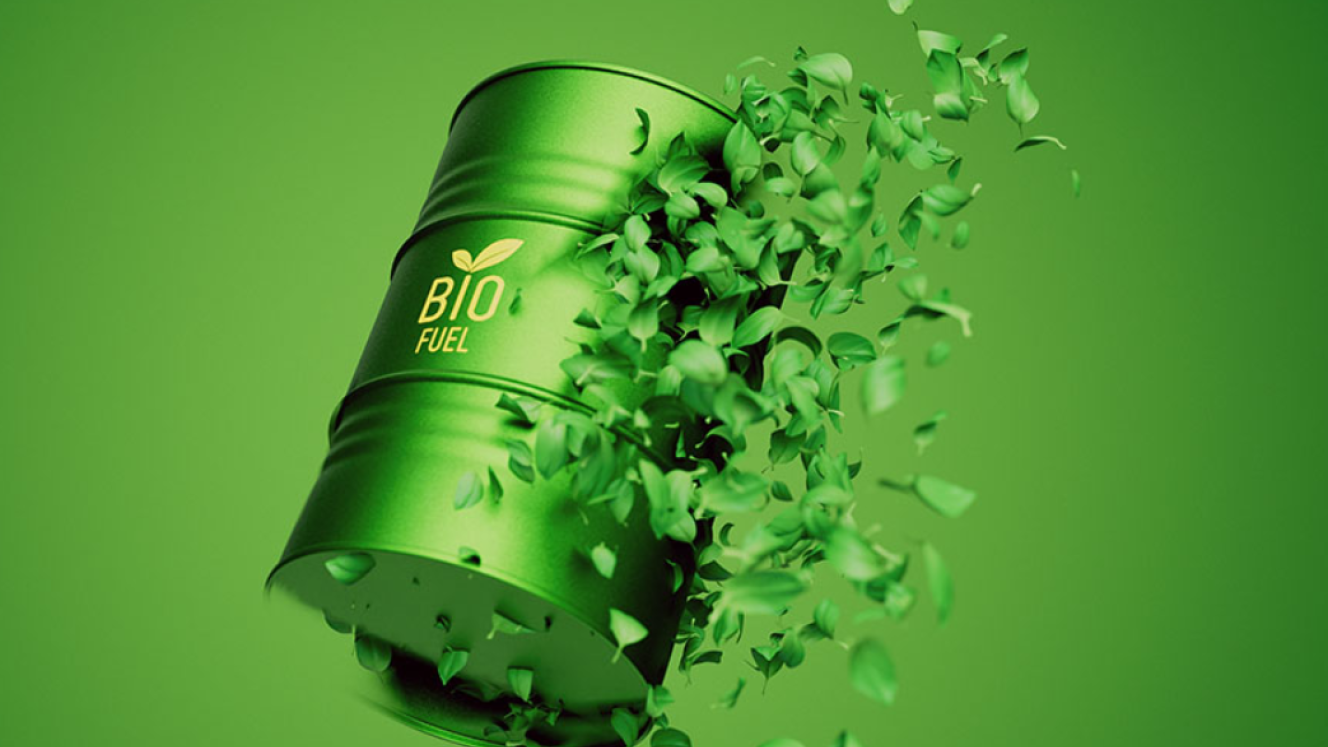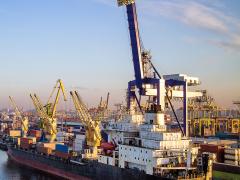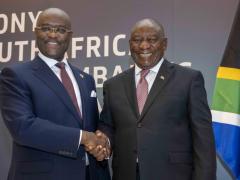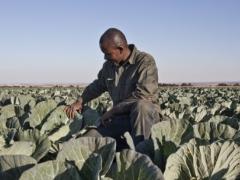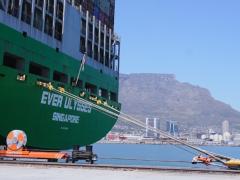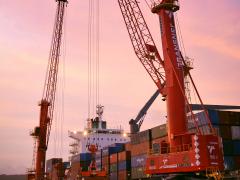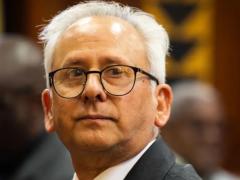Singapore’s Global Centre for Maritime Decarbonisation (GCMD) has completed the third in a series of five pilot projects for the alternative fuels supply chain, recording an 83% reduction in carbon emissions.
The pilot projects, which are independently verified, involve in-service ships designed to support the development of quality drop-in fuels to be consumed in greenhouse gas reduction programs.
The latest pilot to be completed by the non-profit company was developed in conjunction with Eastern Pacific Shipping using its gas carrier, Kaupang (29,649 dwt), during which a biofuel blend was tested as a pilot fuel for the ship’s LPG propulsion.
The propulsion plant requires a pilot fuel which is usually marine gas oil (MGO), but this was replaced with 200 MT of a B30 biofuel blend of hydro-treated vegetable oil (HVO) and MGO.
Dutch biofuels producer, GoodFuels, supplied the green fuels produced from 100% waste and residues.
The use of HVO led to an 83% reduction in well-to-wake emissions compared to fossil MGO.
The blending of MGO with 30% biofuel as the pilot fuel for LPG combustion, achieved a 20% net reduction in emissions compared to very low sulphur fuel oil.
“The experiences from this trial will strengthen the development of our framework to provide emissions abatement assurance when it comes to paying a premium for green fuels over fossil fuels,” said Dr Sanjay Kuttan, chief technology officer of GCMD.
“Through this pilot, we demonstrated that using a biofuel blend with LPG can be a feasible pathway for ships to meet the recently revised IMO indicative decarbonisation checkpoint for 2030.”
According to GCMD the experience and details of the assurance framework for the five pilot projects will be shared broadly through a public report in early 2024.
